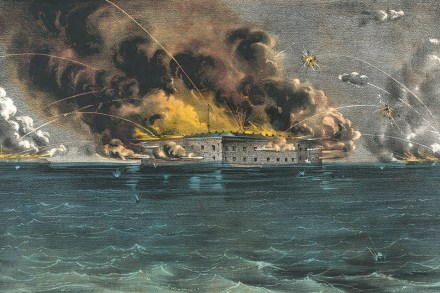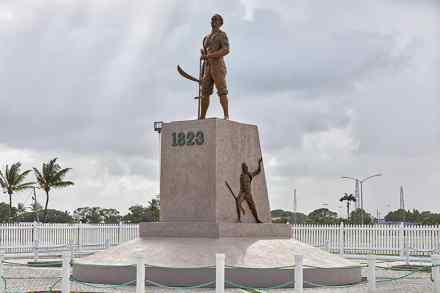What the Quran has to say about slavery
Slavery is one of the oldest and most persistent institutions of humankind. It was already well established four millennia ago when it was mentioned in the Epic of Gilgamesh. Today it has been formally abolished almost everywhere, but there are still reckoned to be some 30 million people living in some form of forced labour. For most of human history slavery was regarded as an economic necessity, one of many relationships of dependence which were accepted as facts of life. The current obsession with British and American involvement has concentrated attention on the Atlantic slave trade. This has masked the involvement of other significant actors. Foremost among them are the



